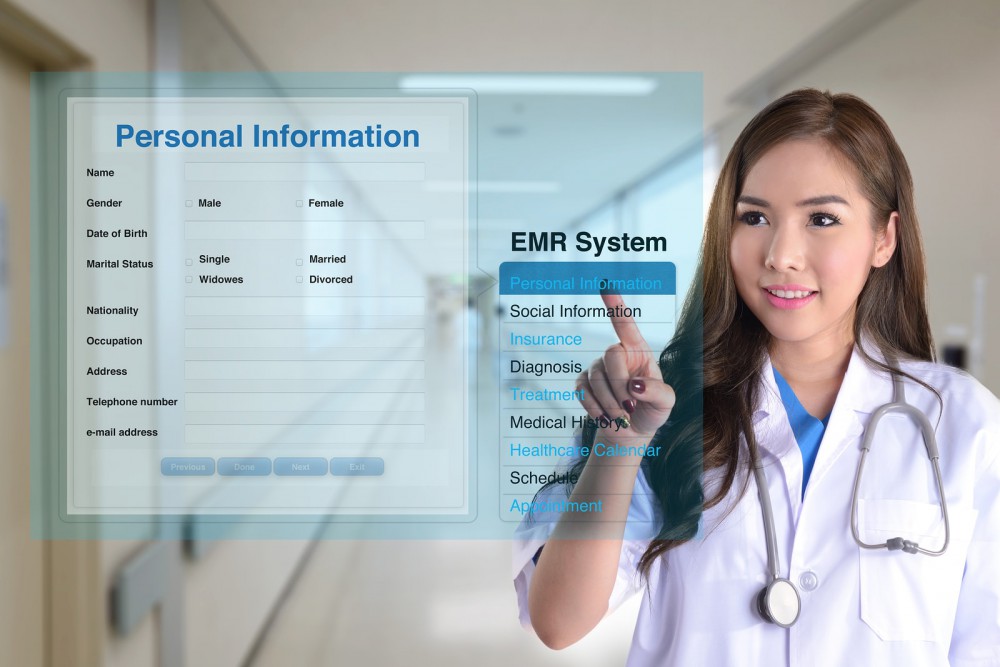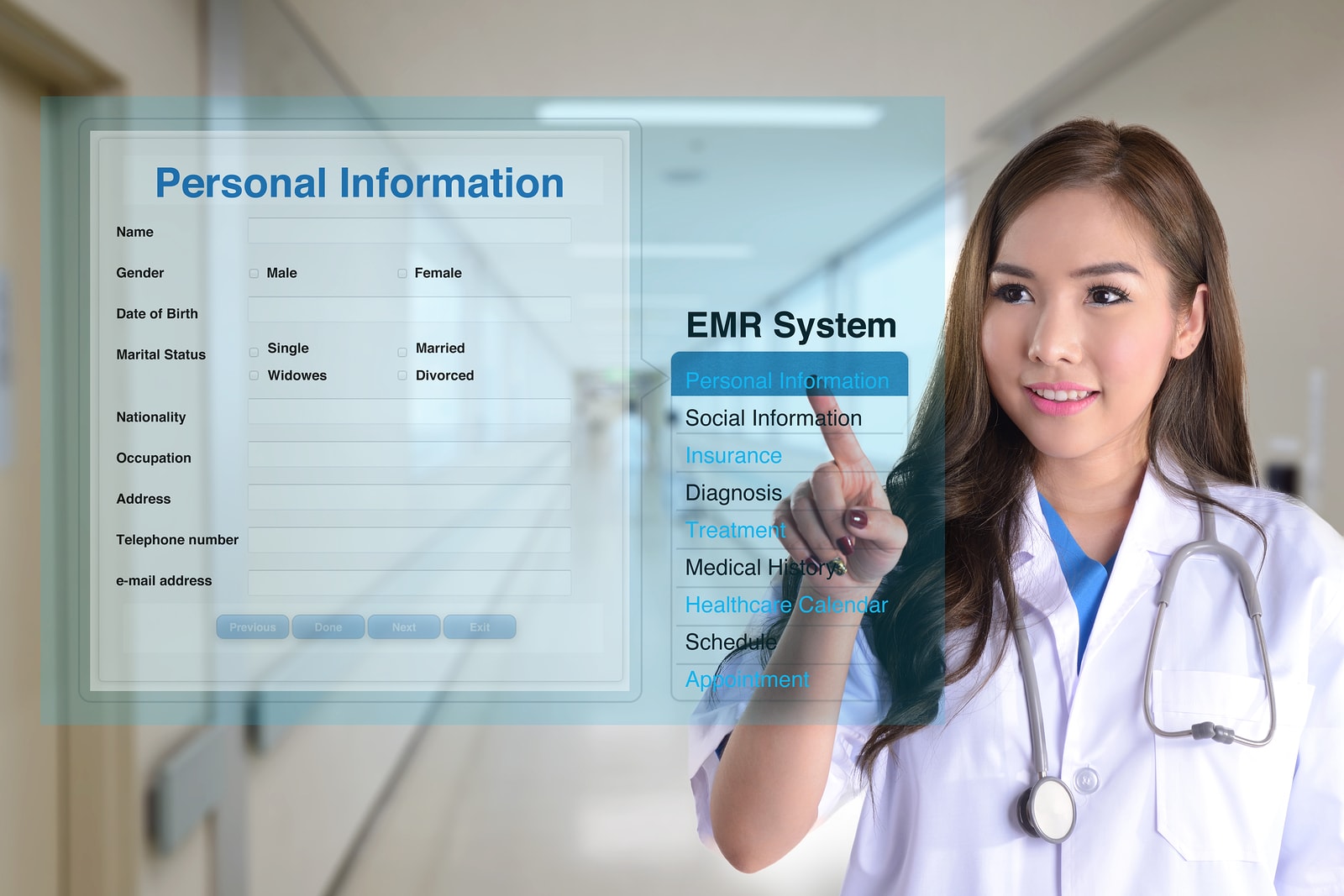
A December 2015 Forbes article by Lyndsey Gilpin addressed the progress the healthcare industry has – but more importantly, hasn’t – made with its management of medical records.
The days of paper piles and manila folders are gone, traded in for computers, Wi-Fi and encrypted passwords. But, Gilpin argued, while those systems are certainly better than the pen-and-paper approach that doctors used for most of the 20th century, these methods still aren’t as efficient as they should be.
The EHR Revolution
This is why the government wanted most healthcare providers to adopt cloud-based records by 2015. The industry is just now tapping into the technological potential that has the ability to revolutionize healthcare.
Gilpin’s vision of the future is one of precision and efficiency:
- Tablet-wielding nurses taking a patient’s information down with taps of their finger
- Doctors accessing patients’ medical information via app, which tracks health data in real time
- Databases that monitor disease trends
- Fitness trackers communicating with patients’ medical data
- Total compatibility between cloud services and the Internet of Things
The Flexibility of EHRs
Cloud-based electronic health records don’t require the maintenance or infrastructural upkeep of older systems. Startup costs are low, flexibility is high. Cloud-based EHRs allow for growth and expansion. Small practices can grow their business without having to reinvest in a bigger or better record storage system. More so, that flexibility also allows medical professionals and patients to access an EHR from outside a medical facility – through an Internet-connected mobile device or computer anywhere in the world.
This type of connectivity can lead to benefits like improved productivity for clinicians, bolstered continuity of care, better relationships with patients and positive patient outcomes.
You Might Also Enjoy: Digital Health Records Save Health Care Costs
Trending Upwards
By 2020, the global healthcare cloud computing market is expected to triple in value and reach more than $9 billion worldwide. Already, 83% of IT executives report the usage of cloud-based services. Nearly 10% of organizations who aren’t using cloud-based services plan to eventually. That’s more than 92% of healthcare providers who have seen the benefits and practical application of the cloud.
But why, exactly, are so many organizations on board? What is it about cloud-based services that appeals to IT healthcare organizations? Nearly half said that they adopted cloud-based services because of the augmentation of technological capabilities or capacity. More than 46% hoped it would make a positive impact on overall financial metrics, and more than 44% said they were interested in the short amount of time it could take to deploy such a system.
The Payoff
Time is one of the most precious assets in the medical industry – the faster and more efficiently a facility processes patients, the more patients the facility can ultimately treat. With cloud-based records, doctors could treat patients faster than ever before. A wholly-realized future promises things like access to patient allergies, current medications, history of family illnesses, primary care physicians, fitness regiments and more, all at a clinician’s fingertips.
Computers and Wi-Fi were a significant step up from pens and paper, but cloud-based records promise us a level of efficiency and medical expertise we haven’t yet seen.









